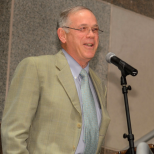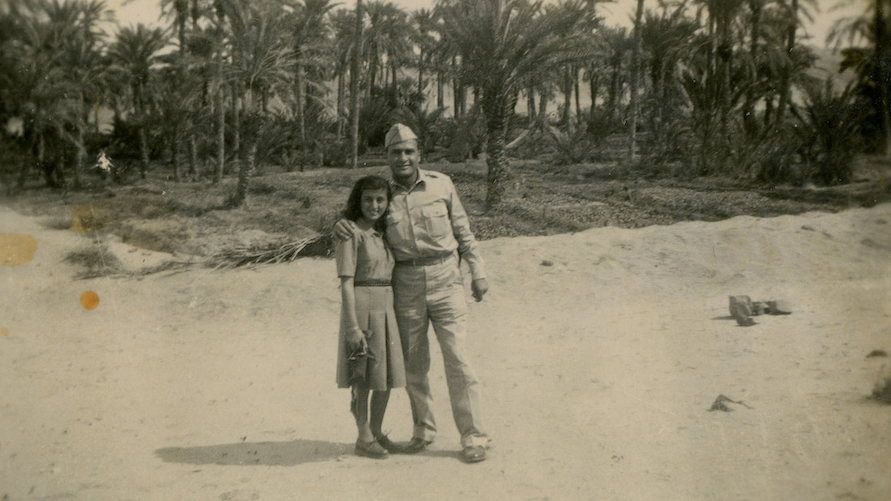Dr. Jonathan Ocko: In Honor of his Compassion, Humor and Advocacy
This post is written by Caroline Muglia, Social Media Manager for the Center. She received her Masters in Public History from NC State University’s Department of History in 2011 and her Masters in Library Science from University of North Carolina, Chapel Hill in 2012.
On January 22, 2015, NC State University’s College of Humanities and Social Sciences (CHASS) announced the death of Dr. Jonathan Ocko, professor and Head of the Department of History. You can read more here.
Giving me Direction
When I stepped through the doors of Withers Hall, home to NC State University’s Department of History, for accepted students day, I didn’t expect to make a final decision about my graduate program until I returned home and mulled over the details of each offering. But, Dr. Ocko convinced me otherwise. When I met him, I was lost on a second floor hallway and Dr. Ocko was eating popcorn and strawberries from a bowl, casually making his way toward me. My very first thought as he approached was, Who eats that combination of food? My second thought was, I wonder if he can give me directions. We talked for a few minutes about the opportunities before me during which time he introduced himself as the head of the Department, but only after a bit of prodding. I don’t recall discussing the specifics of the program at NC State. Instead, we spoke generally about what a 20-something wannabe historian could do with her life. I enrolled that August.
Trading Secrets
I like to think it was a twist of fate that brought me to the then-named Lebanese in North Carolina Project, an endeavor dreamed up by Moise Khayrallah and Akram Khater, to research, preserve and publicize the contributions of Lebanese-Americans in the state. Of course, five years later, it would become its own Center for Diaspora Studies. But then, we couldn’t imagine its future. As the head of the Department within which the Project was housed, I met with Dr. Ocko regularly about the goings-on of the Project, new accomplishments, and what lay ahead. In one of our first meetings, we traded secrets: Me: So you’re a China scholar. Ocko: Yes. Me: And my interests are in archival science and modern labor history. Ocko: Oh. Are you Lebanese? Me: Nope. You? Ocko: No. (leans in) I didn’t even know there were too many Lebanese here. Me: (laughing) I just learned this fact too. But, I think we’re on to something with this Project. Ocko: Without a doubt. Word Choices Before graduating from NC State, I wrote several letters of support for professors who shaped my work. I asked Dr. Ocko to proofread them. Within 24 hours, he called and invited me to his office. I recall we engaged in a long debate about the word ‘metastasize,’ which I used in one letter. I loved it. He didn’t.
Advocating for Success
When I graduated and moved to Washington, DC, I emailed with Dr. Ocko often about my career and developments in the Department. I saw him at nearly every event I attended for the Project where he spoke about its origins and all of our successes. At the unveiling of our museum exhibition in 2012, he took the microphone to advocate for cultural projects rooted in community stories. His speech was unscripted, warm-hearted and funny, which set the tone for all of our work. Dr. Ocko’s job was not to be an outspoken advocate for the Project, and later, the Center. It was not his job to proofread my letters or correspond with me about my burgeoning career. But, those impressions left a significant mark on my memory of him and in the way I conduct my life as an historian and archivist. The Center could not have succeeded the way it has without the fierce support of Dr. Ocko and it would not have been nearly as fun without his humor, compassion and warmth. I thank Dr. Ocko for believing in our work. He will be truly missed.
- Categories:



